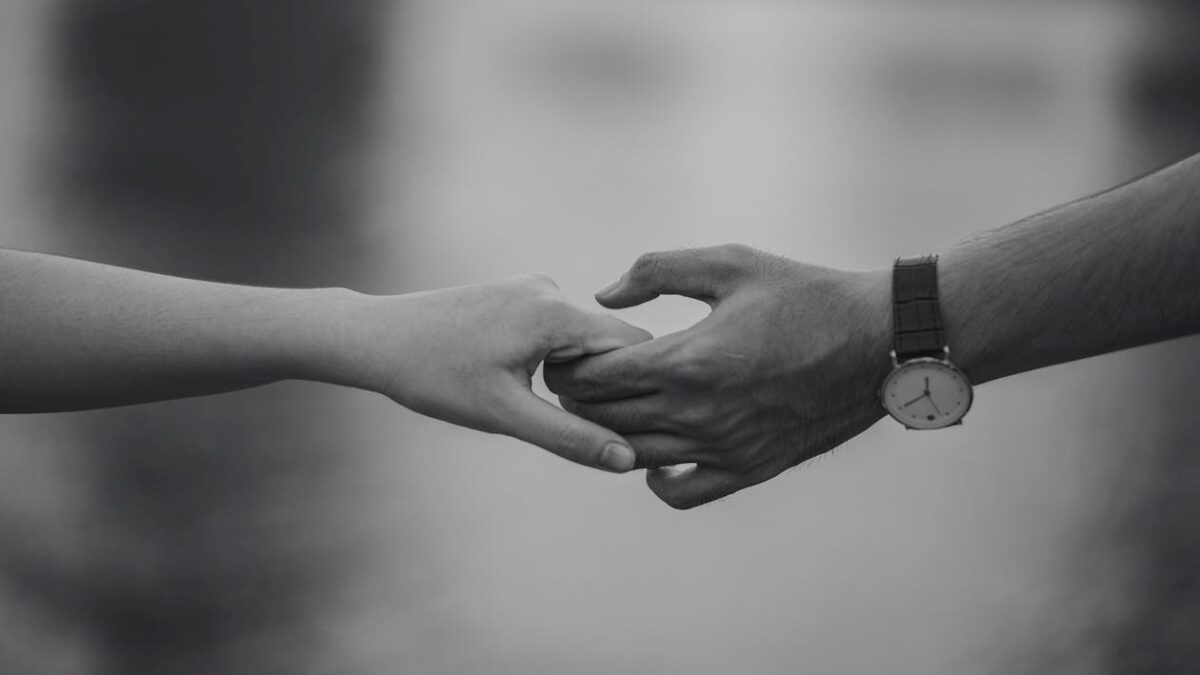Why do men and women fall in love?
A question that, to this very day, is shrouded in ambiguity.
There are some scientific and spiritual reasons why people love one another. It’s funny how scientists have looked millions of years into the past, peeped into the constructions of celestial objects, and are well on figuring out the equation of our existence.
Yet, they can’t explain what love is.
One thing is for sure; love varies from heart to heart. We have our own stories.
And our author, Theodore Rickles, has his own story to tell. Let’s open our hearts up and figure out why we fall in love. And can it be unhealthy?
Why do we love?
Considering today’s social and cultural definition of love, we are often fed a manufactured and selfish image of love. The knight in shining armor saves the damsel in distress, and the two lovers run off into the sunset, where awaits their marital bliss.
Love is much deeper than two people embarking on a journey toward intimacy. It is the feeling you get when you’re in the presence of someone, where no words are said; even in the silence, you are happy. You cherish each other’s company.
Love is unselfish, love is kind, and love is pure.
Love is the strongest binding friendship you can find and share with anyone. It is the deepest connection good friends can have, built on trust, blessed by belief, and strengthened by respect for each other. It is knowing that you’re there for each other in the roughest terrains and the calmest seas. Love is companionship, something most people mistake for a transactional commitment of give it and take – which it is, but not in the way you may think.
But amid these notions, can love turn into something else?
Unhealthy vs. Healthy
They say too much of everything can be a curse, and love is no different.
One must distinguish between the two, so they and their partner do not get hurt in the long run. Love becomes unhealthy when:
- You become too selfish: There is a fine line between wanting to be in someone else’s company and becoming needy. Love often tends to get addicting after a while. According to a Syracuse University article in the Journal of Sexual Medicine, the neurochemistry of people in love is the same as someone high on cocaine. You need to examine where your love for someone escalates into this addiction.
- You become dependent on them: Human beings tend to latch on to things when they feel too comfortable. They find their fix, their comfort zone, and stay by it. Often in friendships and relationships, we forget that our partner is human and needs their own space. It’s not all about you; they need room to breathe. Our author, Ted Rickles, emphasizes how dependency will only lead to jealousy, possessiveness, and anger.
- You give away too much of yourself: That is why it is referred to as a “mutual” affair. You must understand what your equation is with the other person. If you feel like they are not reciprocating your love or giving too much, communicate with them before someone gets hurt. Don’t be afraid to have difficult conversations; love is forgiving and always heals.
All in all, there needs to be a balance. It is the key to sustaining a healthy relationship with someone. Often when you find someone filling a “void” in your life, as romanticized as it may sound, it can lead to unhealthy consequences. Some people go to therapy to understand these feelings.
Taking a step back and working on yourself may be a good idea. Don’t project your needs onto someone who doesn’t want to be your babysitter.
Love: The most binding form of Friendship
You may find love in the most unconventional of places. The feeling you get when you get your dream job, emotions that brim up during a firework show, a pleasant evening, or even a warm hug from your grandparents. If you have experienced a feeling that made you feel the most “you” you could possibly be, you’ve been in the presence of love.
You must understand that before you love someone, you have to love yourself first. Otherwise, something so beautiful can be clouded by insecurity and toxicity. It’s not the addiction itself; it’s how we respond to those feelings and how selfish we are with them.
Author Ted Rickles and his friendship with Kristl is the prime example of a friendship built on mutual understanding, respect, and everlasting love.
From laughing together at lunches to being there for each other through the worst, Kristl Wiernicki and Theodore Rickles’s tale has set the bar for friendships for generations to come.
Pick up Theodore Rickles’ Catching Lameds: Reflections on an Unconventional Life today!


